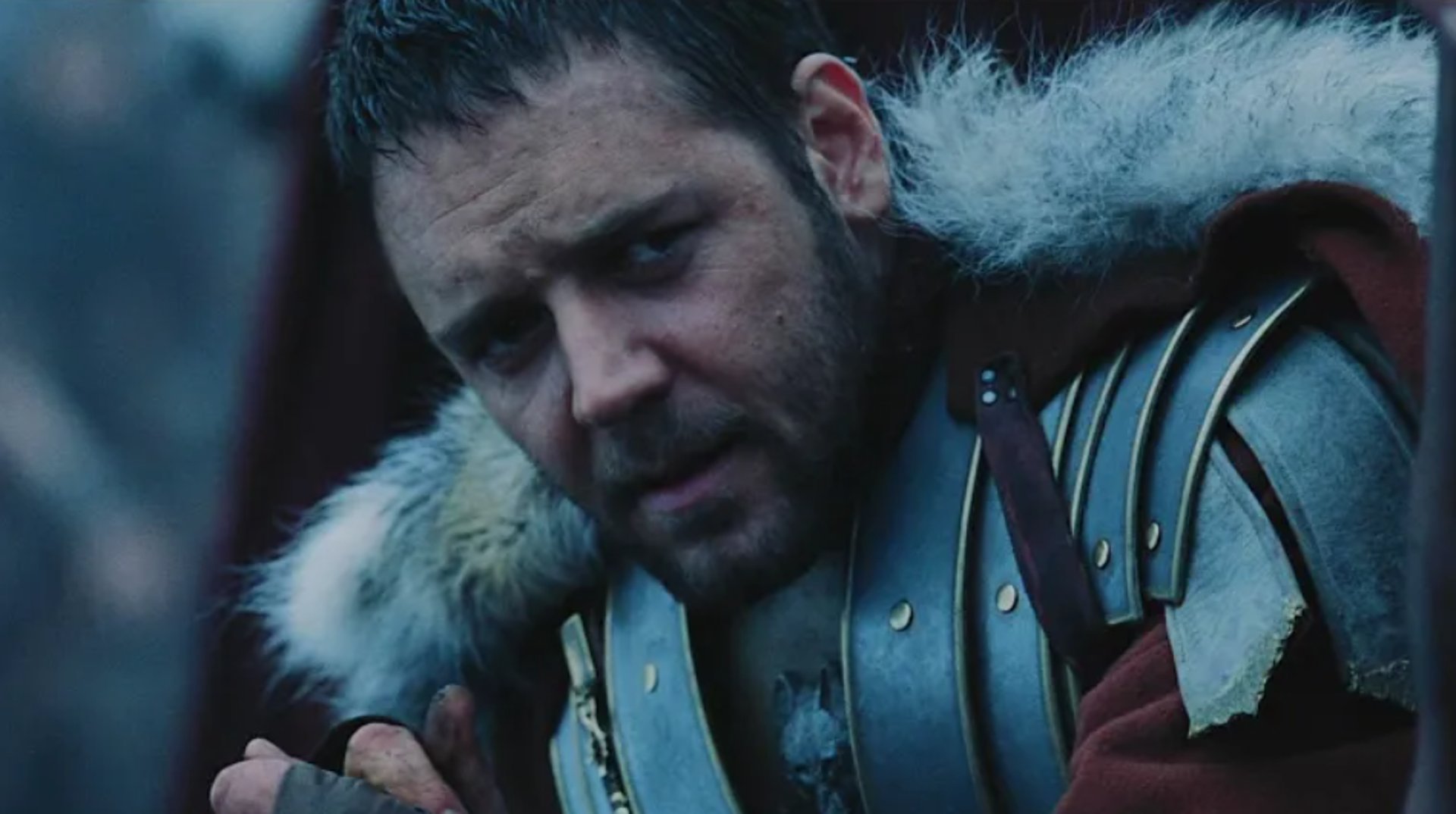
Transgressions (Part I)
In the footsteps of great generals
CONTEMPLATION
Author’s note: This contemplation is the first of three essays that delve into understanding what sin is, why we sin, and how sin impacts our lives. Click here for part two. Click here for part three.
Here is a question for my Christian friends:
Why do we sin?
Now, if you have given this question some consideration, then I can imagine that several answers come to mind...
Yes, we sin because we are fallen human beings.
Yes, we sin because we have fleshly desires.
Yes, we sin because Darkness pulls at us.
Yes, we sin because Evil is real.
Yes, we sin because our human nature is so contrary to Jesus’ commands and God’s will.
But why?
Why is it that way?
I’m not saying these answers don’t make sense. They do. They are legitimate, and they align with scripture. Perhaps some would say these answers suffice – and maybe they do. However, I find that for me, all they really do is open up the door to more questions:
Why do our fleshly desires pull us from God instead of toward Him?
Why is it so impossibly hard to resist the pull of Darkness?
Why can we not perfectly live by all of Jesus’ commands and be found spotless and blameless?
I think there is a case to be made for taking these questions seriously and searching for answers. I think we take the answers listed above for granted. Yes, they are good answers, but what do they mean for us? How do they apply to real life?
Is it not a worthy pursuit to try and understand the darkness that is within us and around us?
Is it not a worthy pursuit to study the enemy?
I believe it is.
After all, many great generals of history studied their enemies. They observed their warfare strategies, took note of their tactics, and analyzed their weapons. They wanted to become intimately acquainted with their opponents' ways in order to fight them more effectively. Sun Tzu is traditionally credited with making the following astute observation: If you know the enemy and know yourself, you need not fear the result of a hundred battles.
The renowned Spartan general Lysander is said to have studied his Athenian opponent, Alcibiades (who is one of the greatest military geniuses of the ancient world), so intently that he was one of the few men capable of standing as his equal on the battlefield.
Moving from the world of war to the world of sports, we see NFL quarterbacks poring over film footage of their upcoming opponents. Where are their weaknesses? Who is a threat? Which counterstrategies must be deployed?
Not only quarterbacks, but all positions analyze their opponents. In fact, all athletes strive to understand the opposing team and its players in order to gain a competitive advantage and ensure victory.
In his letter to the Ephesians (6:12), the apostle Paul makes it very clear that we stand against the powers of darkness. For those who follow and serve the God of the scriptures, evil is the enemy.
Perhaps we Christians should take a page from Sun Tzu and Troy Aikman’s playbooks and study our enemy as well.
Perhaps we should follow in the footsteps of the great generals before us and ask ourselves this question:
Why do we sin?
Click here for “Transgressions (Part II) – A hero’s tragic fall”.

Source: denofgeek.com
